
Francis began his homily by highlighting the events in the day’s Reading from the Gospel according to Mark (10: 46-52). “Jesus went with his disciples and with the people”, he said, “who followed Him because He spoke like a master, with real authority”. Bartimaeus, a blind man, “heard the noise and asked, ‘What’s happening?’. It was Jesus”. Thus, Bartimaeus “began to cry out and, in an act of faith, he cried out loudly ‘Jesus, Son of David, have mercy on me!’”. His words were “truly an act of faith”, the Pontiff noted.
But, “among the people who were there with Jesus, each one had his own personality, his own way of seeing life, of feeling life”, the Pope explained. First of all, “there is a group of people who didn’t hear the cry” of the blind man. It is “that group of people who, even today, don’t hear the cry of the many who are in need of Jesus”. In short, it is a group of people who are “indifferent: they don’t hear, they believe that life is their little group there; they are happy, they are deaf to the clamour of so many people in need of salvation, in need of Jesus’ help, in need of the Church”. However, Francis remarked, “these are selfish people, they live for themselves”, unable “to hear the voice of Jesus”.
The Pope continued, saying “then there are those who hear this cry that pleads for help, but they want to silence it”. In fact, in the Gospel, Mark indicates that many people rebuked Bartimaeus to silence him, telling him “not to cry out”, and to leave the master “in peace”. Indeed, “even the disciples” do so. The Pope recalled that “the disciples keep the children away” as well, “so they don’t disturb the master”. Thus, the disciples also tried to silence Bartimaeus, “because the master was their own, He was for them, not for everyone”. In so doing, “these people keep separate from Jesus those who cry out, who are in need of faith, who need salvation”.
Then, Francis affirmed, there is another group, composed of the “businessmen: they were religious, it seems, but Jesus cast them out of the temple because they were doing business there, in the house of God”. These are people “who don’t hear, don’t want to hear the cry for help, but prefer to conduct their business and use the People of God, use the Church, to conduct their business”. Even “these businessmen distance the people of Jesus” and do not allow the people to “ask for help”.
“Another group who push away the people of Jesus”, the Pope continued, are those who are “Christians in name only, without witness, who do not bear the witness of Christians”. Yes, “they are Christians in name, showroom Christians, reception Christians, but their inner life is not Christian, it’s worldly”. And “one who calls himself a Christian but lives as a socialite distances those who cry ‘help’ to Jesus”.
Finally, “there are the rigorists”, the Pope added, “those whom Jesus rebukes” because “they lay such heavy burdens on the people’s shoulders”. And “to them Jesus dedicates all of Chapter 23 of St Matthew”. He says to them: “hypocrites, you exploit the people!”. In fact, “instead of responding to the cry for salvation, they push the people away”.
The “first group”, the Pontiff summarized, is comprised of “those who do not hear”. The second, however, includes “many different, diverse people” who “hear the call, but separate” the people from Jesus. And “there is also a third group” and they are those “who help” the people “to approach Jesus” and who say to Bartimaeus: “Be brave, get up, he’s calling you!”. This is “the group of Christians who have coherence between what they believe and what they live”. It is the group of Christians who help “the people who cry out, asking for salvation, asking for grace, asking for spiritual health for their soul”, helping them to get close to Jesus.
In light of this reflection, Francis proposed “an examination of conscience” that “will do us good”, through a series of direct questions: “Which group am I in? In the first, with those who don’t hear the many cries asking for the help of salvation? Am I concerned with only my relationship with Jesus, closed, selfish? Do I belong to the second group, with those who separate people from Jesus, whether by lacking coherence in life, lacking testimony, whether by being too attached to money, or through rigidness?”. He continued: “Do I distance people from Jesus? Or do I belong to the third group, with those who hear the cry of so many people and help them to approach Jesus?”. These are questions that, the Pope concluded, “each of us can answer in our heart”

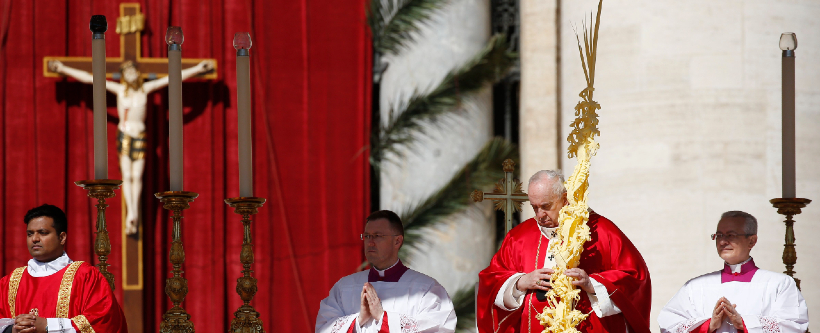
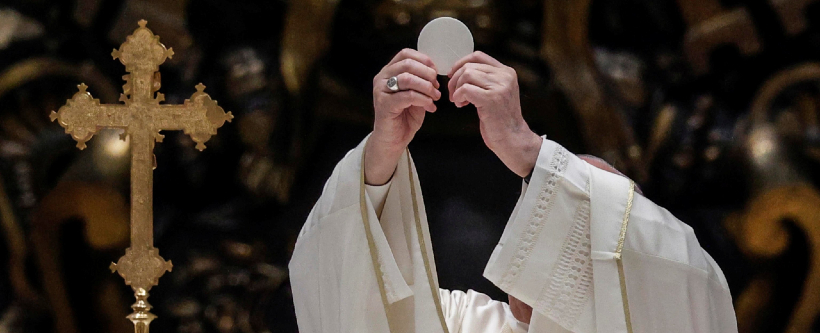
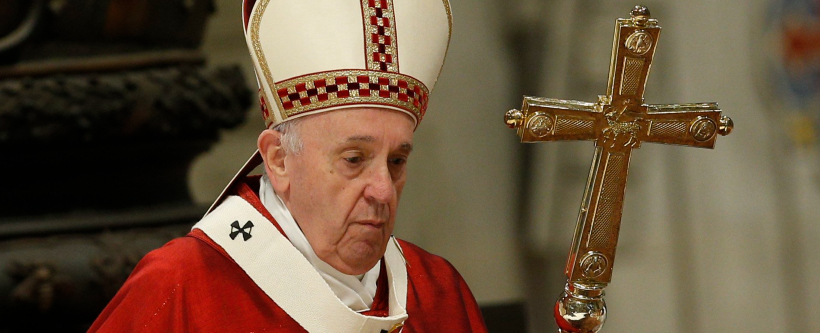
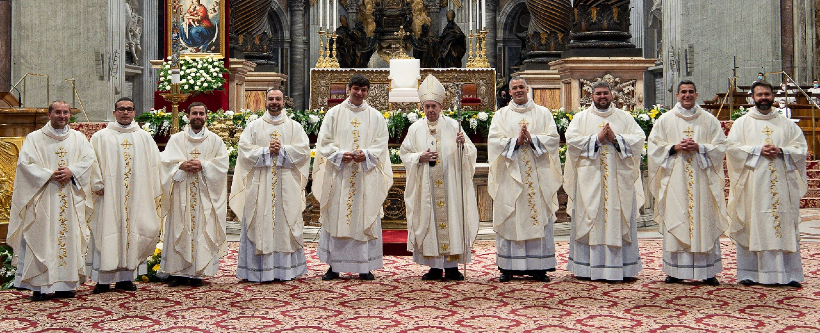
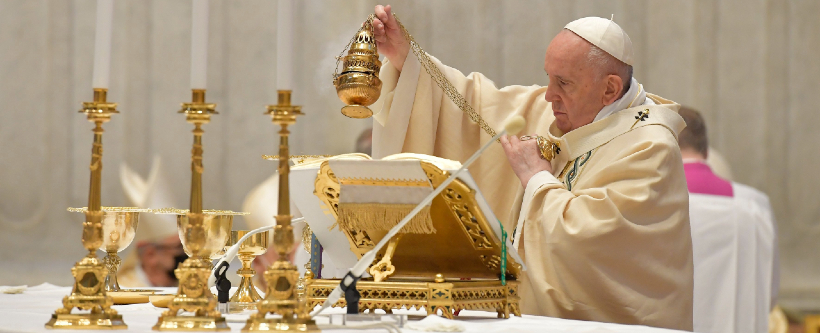
Facebook Comments